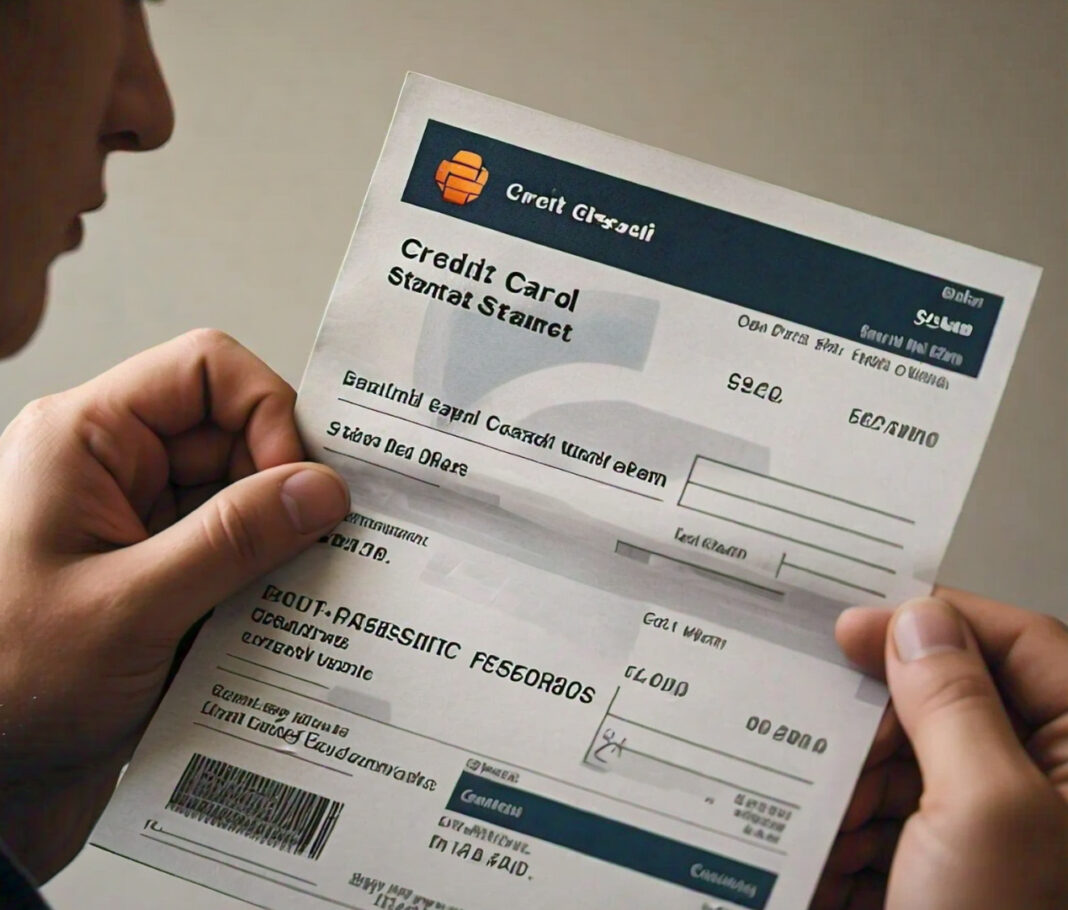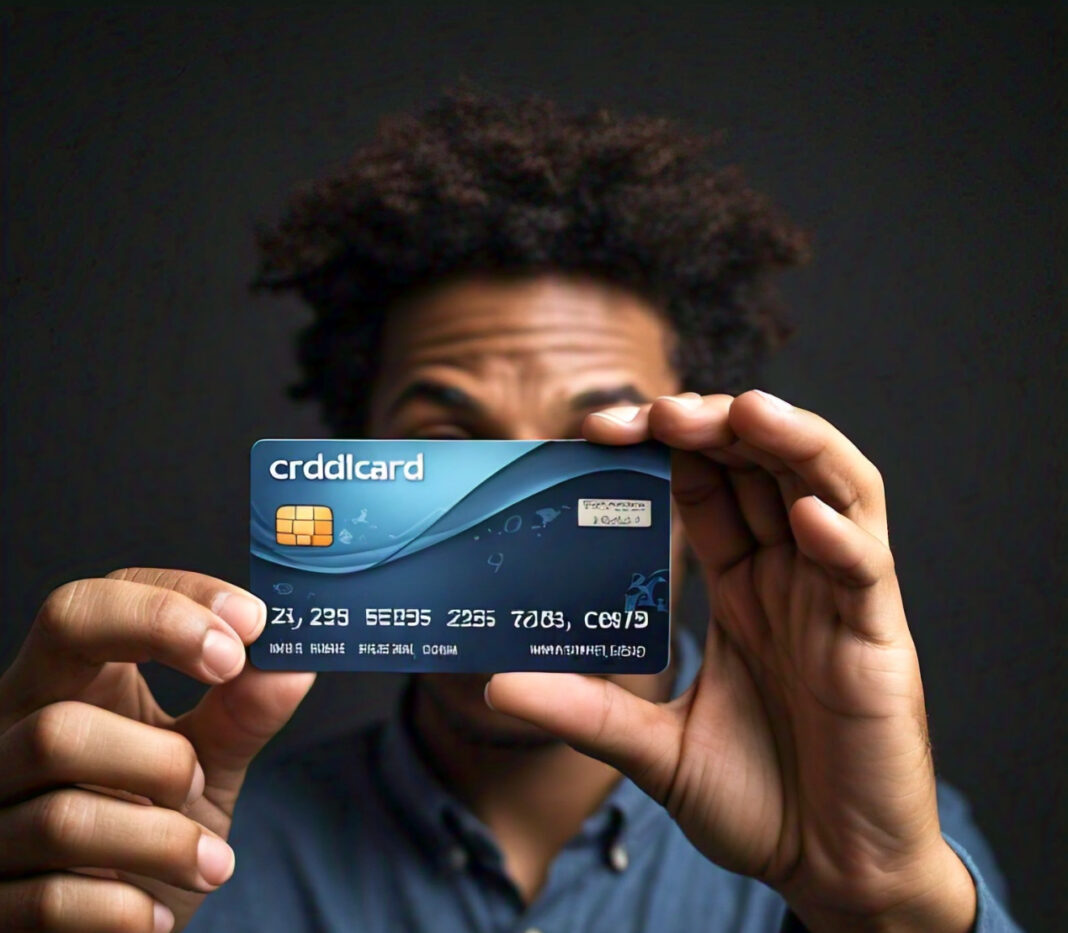Credit card balance insurance is one of those financial products which most credit card holders come across but know little about. Payments for credit cards, as such, are covered by this insurance in a few specific situations. Like any other financial product, however, there are pros, cons, and considerations. In this comprehensive guide, we will dive in to know the detailed specifics of credit card balance insurance and help you decide if this is good for you.

What is Credit Card Balance Insurance?
Credit card balance insurance is one form of coverage provided by credit card companies or third-party insurers. It is a policy, in essence, that provides assistance to cardholders to handle their credit card debt if some unforeseen life events make it impossible for them to pay their credit card debts regularly.
- Trigger Events: The coverage is activated in the case of events such as job loss, disability, critical illness, or death.
- Optional Product: It is not necessarily a must to hold this insurance as a credit cardholder.
- Regular Premiums: Cardholders have to pay for such insurance, typically as a percent of their outstanding monthly balance.
We shall proceed with the explanation of these general characteristics before we go ahead and elaborate on how credit card balance insurance works.
How Does Credit Card Balance Insurance Work?
In theory, the operation of credit card balance insurance is straightforward; in reality, this is a lot more muddled. Let’s elaborate:
- Subscription: Firstly, you get subscribed to the insurance at either the time you gained your credit card or after that.
- Payment of Premiums: Then, you pay regular premiums usually as a fixed percentage of the outstanding credit card balance.
- Claim Event: An event, such as losing one’s job or becoming unable to work, constitutes a covered occurrence for which you would file a claim with the insurance company.
- Verification: The insurance company will verify your claim and the circumstances of it.
- Benefit Activation: Your insurance then pays your minimum monthly payments once the claim has been approved, for a predefined period of time.
It is, however, important to note that the actual practice and coverage specifics may vary significantly between providers. Always read the fine print of your particular policy.
Types of Coverage in Credit Card Balance Insurance
Credit card balance insurance is typically available for many different circumstances. Knowing these can help you to determine the insurance value in your own situation.
1. Involuntary Unemployment
This is a type of coverage that kicks in when one becomes unemployed-not their fault-such as through layoff or company closure.
Key Points:
- Covers only minimum payments for a limited time, such as from 6 to 12 months
- Contains a waiting period prior to taking benefits
- Sometimes does not include self-employed people, as well as those quitting on their own
2. Disability
In a case where one becomes disabled and therefore cannot work, this coverage assists in making the credit card payments.
Key Points:
Can be minimum payments or a portion of your balance
More often than not requires a doctor’s certification of disability
Sometimes different definitions of disability may apply: temporary or permanent, etc.
- Critical Illness
It covers your payments in the event you are diagnosed with a named critical illness.
Key Highlights:
Normally meant for diseases such as cancer, heart attack, or stroke
A one-time sum will be paid to you, which will pay part of your balance
- In most cases, needs a survival period after diagnosis
- Death
In case of the cardholder’s death, this usually pays off the full credit balance.
Key Points:
- Could avoid stress for family members
- In many cases, it has age limits or health questionnaires
- Some policies differentiate between accidental death and death by natural causes
- Life Events
Few policies also cover life events that may change your financial situation.
Key Points:
Events that may be covered in this case include divorce, marriage, or birth of a child
Normally offers short-term coverage of payments
Less common as compared to the other types of coverage
Basically, knowledge of these various types of coverage helps to give you grounds on which you can effectively conclude if credit card balance insurance matches your personal risk factors and financial situation.
Pros of Credit Card Balance Insurance
Despite all its critics, there are also various advantages associated with credit card balance insurance:
- Peace of Mind: In cases of Life’s unexpected twists, the payments are covered, and that can lessen some financial burdens.
- Protection Against Job Loss: This is something that will be very important in an uncertain economy.
- Coverage for Critical Illness: Sometimes, medical problems can financially destroy a family, and this insurance can help soften the blow of that disaster.
- Debt Relief for Family: In case of death, the insurance does not allow the debt to transfer to family members.
- Flexible Enrollment: In many cases, you can add this insurance at any time – not necessarily when you open the card.
- No Medical Exam: Unlike many life or health insurance policies, credit card balance insurance seldom requires any form of medical examination.
These features make credit card balance insurance a viable option for some cardholders, especially those with large balances or whose jobs are unstable or temporary.
Disadvantages of Credit Card Balance Insurance
Despite its probable benefits, credit card balance insurance has a number of disadvantages that consumers should be aware of, such as:
- Cost: It can be quite costly, especially if you keep a high balance.
- Limited Coverage: Most often, the insurance covers your minimum payments rather than the whole balance.
- Strict Eligibility Requirements: If you fail to fit certain criteria, the claim may be refused.
- Exclusions: There are so many exclusions in most of the policies, which also limit their utility.
- Overlap with Other Insurance: You might already be covered through life or disability insurance, among others.
- Lack of Transparency: Terms and conditions are barely understandable in totality.
- Payout to Card Company: Benefits accrue to the credit card company and not directly to you.
- Risk of Mis-selling: Several financial houses have been accused of rigorous selling campaigns with misleading information.
These disadvantages bring into focus the need for extreme caution when deciding if credit card balance insurance is right for your situation.
For Whom Credit Card Balance Insurance Is Worth Considering?
While credit card balance insurance is a personal decision, there are those for whom such insurance can be worth considering more so than others:
- High Balance Carriers: Those who carry a high credit card balance month after month may benefit from the protection given by the insurance.
- Single Income Families: Families on one income might appreciate this added security.
- Self-Employed or Gig Workers: Those with irregular incomes may find this option a good safety net, but should heed a word of caution about eligibility.
- Those with Pre-existing Health Conditions: This may be an alternative if other forms of insurance are hard to obtain, but the exclusions considered with great caution.
- Those Who Do Not Have Other Insurance: If you don’t have any life or disability insurance, then this may cover you to some extent.
- Those Whose Professions Are High-Risk: Individuals working in industries with a high layoff rate or with occupations that include a high rate of accidents may want to consider this insurance coverage.
Again, these are just general guidelines, and your decision should be based on your personal financial circumstances and appetite for risk, as well as other insurance coverage you may already have.
Who Might Not Need Credit Card Balance Insurance?
On the other hand, credit card balance insurance may neither be required nor be investment-worthy for all people either:
- People with Sizeable Savings: If you have an accessible emergency fund to cover several months of living expenses, you can steer clear of this extra coverage.
- **People Who Already Have Proper Insurance: If one already has adequate life, disability, and health insurance, this product is somewhat superfluous.
- Low Balance Carriers: If one pays off the credit card in its entirety every month or carries very low balances, the cost of the insurance might outweigh the benefits.
- Retirees: Most policies have age limits or are not designed to cover retirement as a cause for income loss.
- Those Near Credit Limits: If you are close to maxing out on your cards, adding the insurance premiums will surely put you over the limit.
- Those Who Have Job Security in High Demand: If you are in a very secure job or one that is currently in high demand, then unemployment coverage may be less useful for you.
Again, these are generalizations, and it is important to consider your individual situation in determining whether or not to buy credit card balance insurance.
How to Assess an Offer for Credit Card Balance Insurance
If you are thinking of purchasing credit card balance insurance, consider the following as you assess:
- Cost: Estimate how much it will cost per year according to your average balance. Is it worth what it will cost?
- Coverage Limits: Find out what percentage of balance or payments the policy covers.
- Exclusions: Pay close attention to what the insurance does not cover. Given your circumstances, are the exclusions reasonable?
- Claim Process: Check how involved it is to file a claim and how long it usually takes to be approved.
- Duration of Benefits: Understand how long the policy will pay in various circumstances.
- Waiting Periods: Check if there are any waiting periods before cover commences after a claim.
- Cancellation Policy: Understand how and when you can cancel the policy if you no longer want it.
- Company Reputation: Research the insurer’s reputation for customer service and claim payouts.
- Alternative Options: Compare the cost and coverage with other insurance products or saving the premium amount on your own.
By keeping these factors in mind, you will be able to make an appropriate decision as to whether the insurance of your credit card balance will work in your best interest or not.
Alternatives to Credit Card Balance Insurance
In case you are sceptical about this type of insurance, here are some alternatives you can look into:
- Emergency Fund: Save enough to fund expenses for 3 to 6 months, including your debt payment on credit cards.
- Term Life Insurance: This generally provides more complete and less expensive death protection.
- Disability Insurance: This covers the inability to work due to illness or injury more comprehensively than unemployment insurance.
- Unemployment Insurance: Sometimes these private unemployment coverages are broader than those of the State.
- Debt Consolidation: Reduce the overall amount of your credit card payments to a level with which it will be easier for you to cope.
- Credit Counseling: Professional help in debts to be able to work out a repayment plan.
- Balance Transfer: Shift your debt on which you pay a higher rate of interest onto a card charging you a lower rate, hence bringing down your monthly payments.
It is possible that some options may provide more protection and/or better value for money in specific needs and situations.
Conclusion
In relation to some cardholders, the balance insurance of a credit card may serve as protection for them in case there are unexpected events happening along the way in their lives. The reason behind this is that it is costly, narrowly covered, and contains a number of exclusions.
Therefore, buying credit card balance insurance depends on a tough assessment of one’s financial situation, current insurance coverage, and tolerance for risk. Read the fine print on any policy you are considering, and do not be afraid to ask about details in coverage and the claims process.
The bottom line of the best financial protection would be that, more often than not, it is multilayered in nature: keeping an emergency fund, managing credit responsibly, and having proper insurance on hand. It’s something for you to decide on, considering its pros and cons in light of your personal situation, if the credit card balance insurance fits into your financial plans.
Knowing how credit card balance insurance works will, therefore, avail him with the opportunity to make a decision that coincides with his financial goals and gives him the protection he needs.






